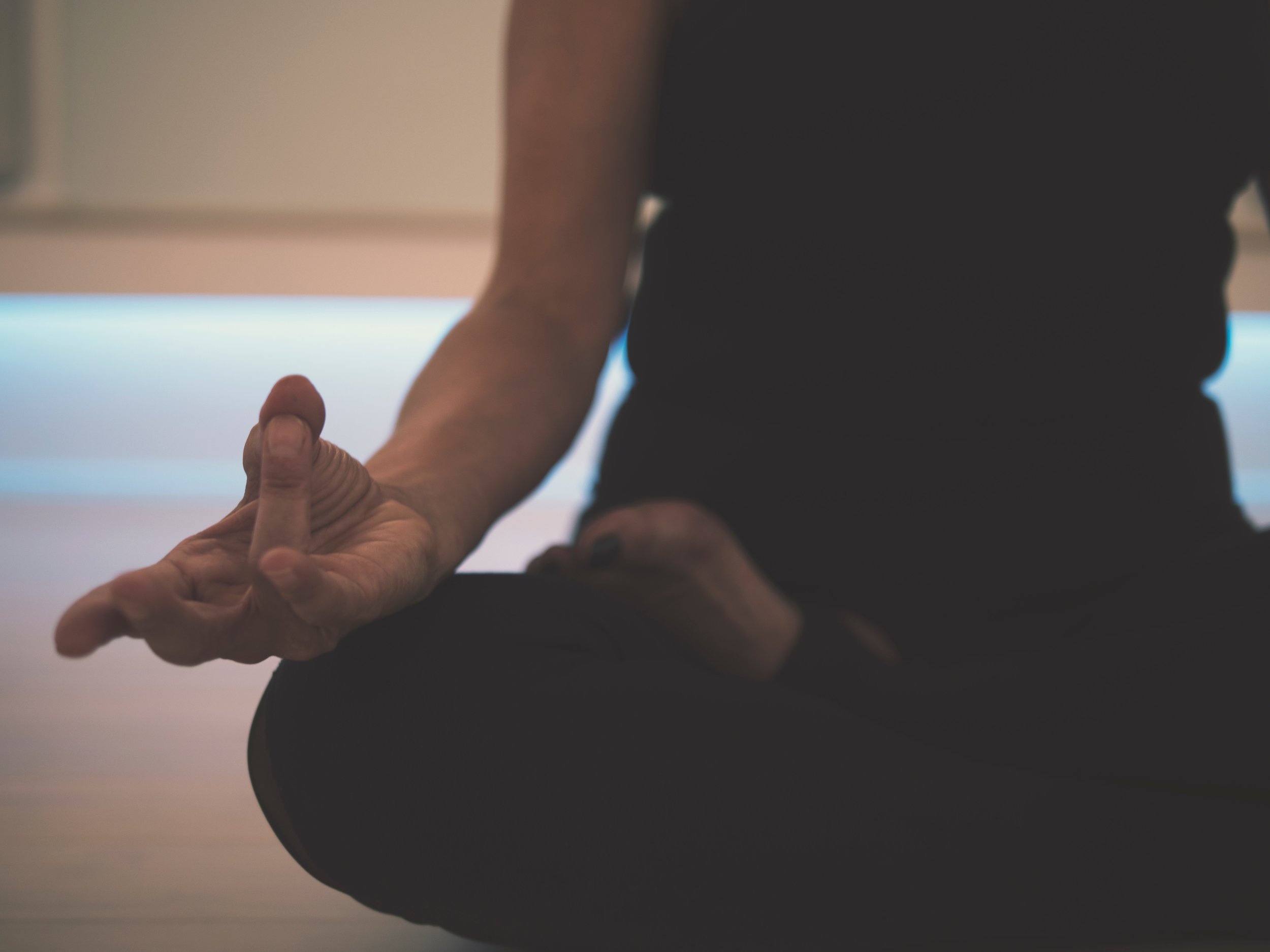YOGA
The benefits of yoga for mental health are well documented. Yoga has been proven to alleviate symptoms of depression, anxiety, and stress, while improving positive indicators of well-being, such as mood, gratitude, and meaning in life.
Find out more below.
Meditation
Meditation is learning to be still. It is a practical means for calming yourself, for letting go of your biases and seeing what is, openly and clearly.
Mindfulness
The practice of being deliberately aware from moment to moment of your conscious experience. It is the state of tuning in to the stream of your thoughts and emotions as they flow and staying in the present moment with awareness.
Breathing
Conscious breathing is the foundation of yoga. If you are breathing consciously, you are doing yoga. Period. All of the benefits of yoga start with tuning into your breath. Conscious breathing soothes the nervous system, alleviating stress and anxiety while lowering blood pressure and calming your heart.
Postures
Also called “asanas,” postures are the physical practice of yoga. Yoga postures are more than a fitness exercise, but rather a means of forming cognitive awareness. You may experience anxiety, tension, or stress physically in your body. Tense shoulders? Tight jaw? Furrowed eyebrows? Yoga postures provide insight into how to alleviate these physical symptoms.
How do I use Yoga in Counseling?
I’m glad you asked. My approach is person-centered and not one-size-fits-all. Simply put, I integrate principles and practices from yoga into the counseling process when the client wants it and when it can be helpful and effective.
This most frequently looks like self-compassion meditations, mindfulness techniques, and practices for breath and body awareness.
I also provide psycho-education on postures that may be helpful for specific issues, like excessive worrying or social anxiety.
Curious to know more?
American Psychological Association: What are the Benefits of Mindfulness
U.S. National Library of Medicine: Effectiveness of Yoga Therapy…
Role of Yoga in Stress Management
Effect of Yoga on Different Aspects of Mental Health
Claiming Peaceful Embodiment through Yoga in the Aftermath of Trauma
Effects of Yoga Versus Walking on Mood, Anxiety, and Brain GABA Levels…
Journal of Bodywork and Movement Therapies: Yoga meets positive psychology…





